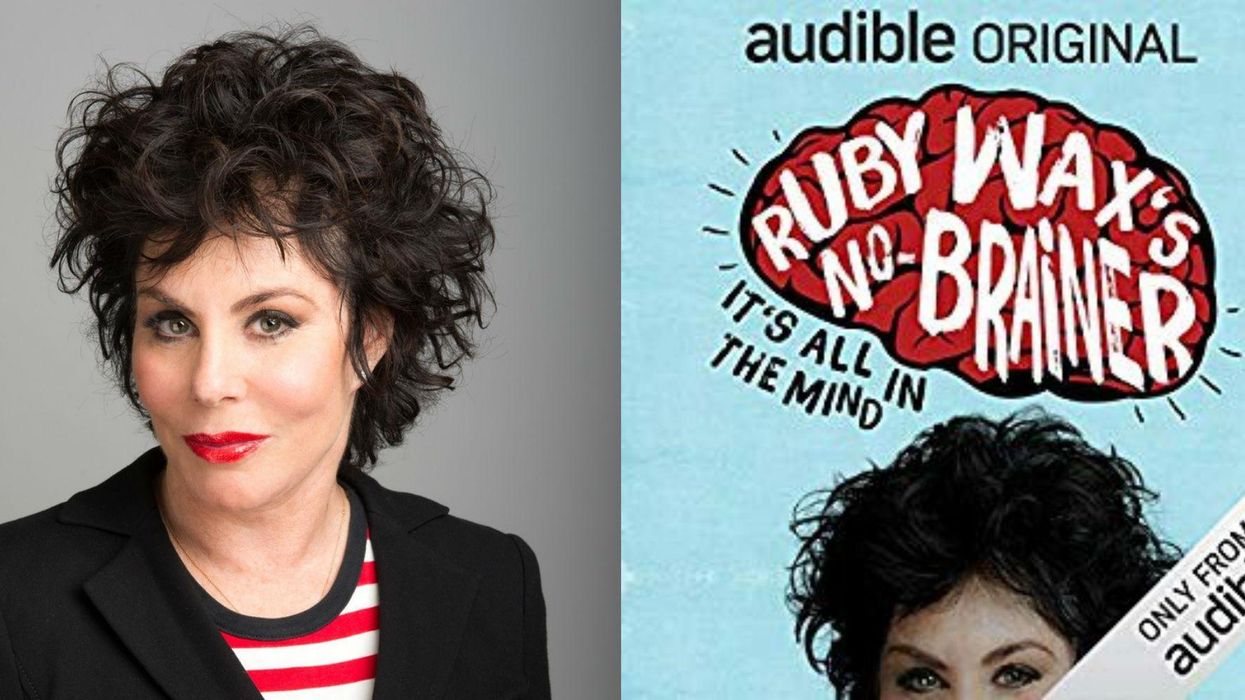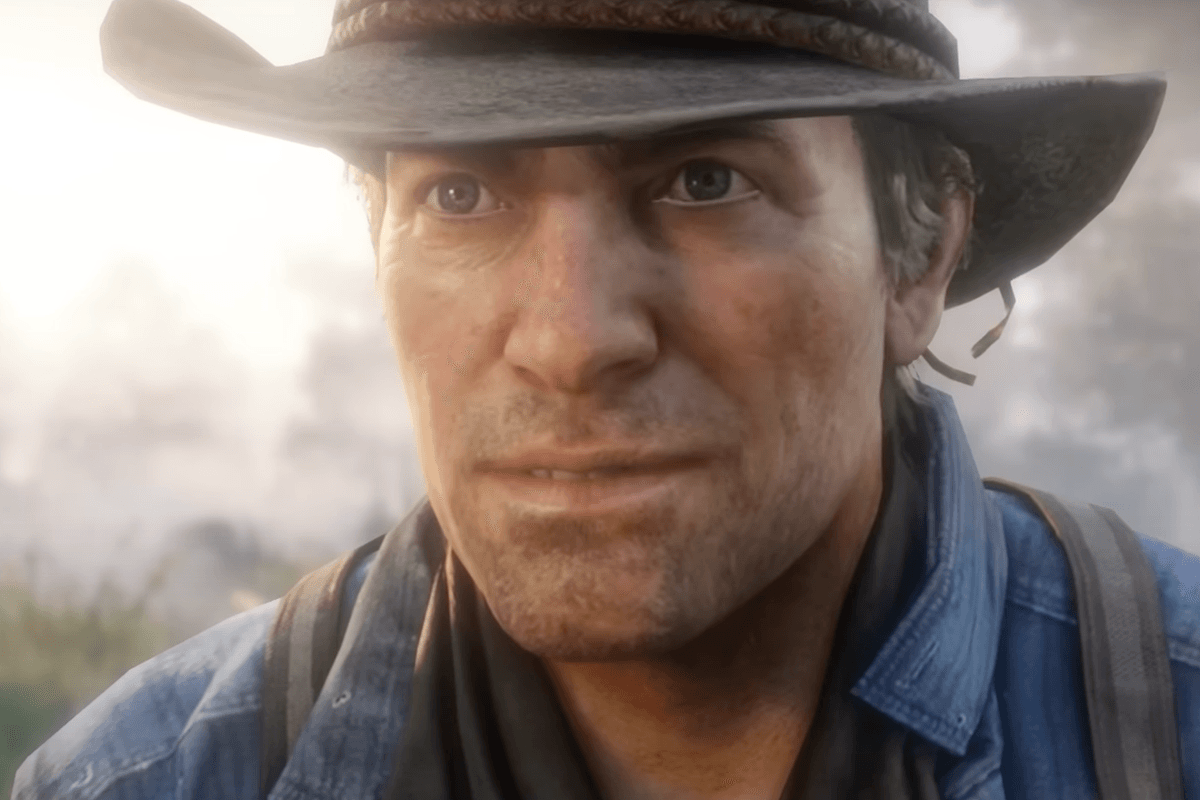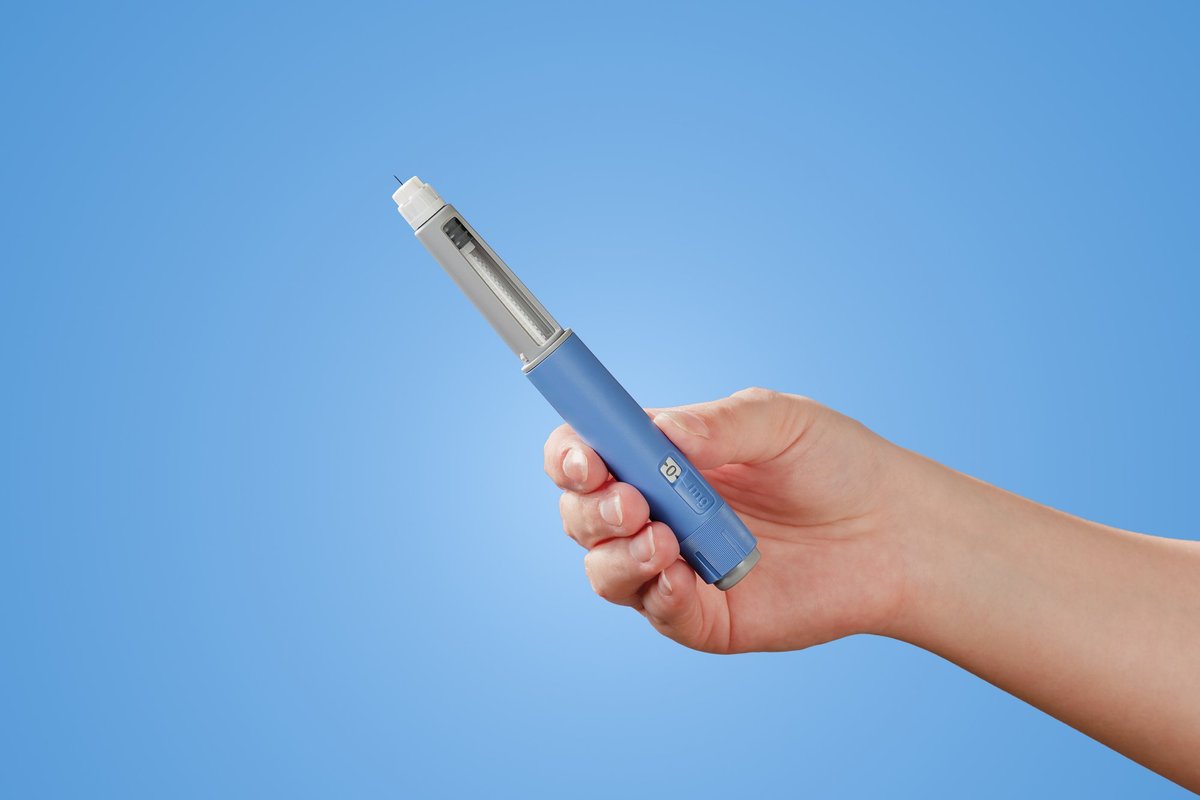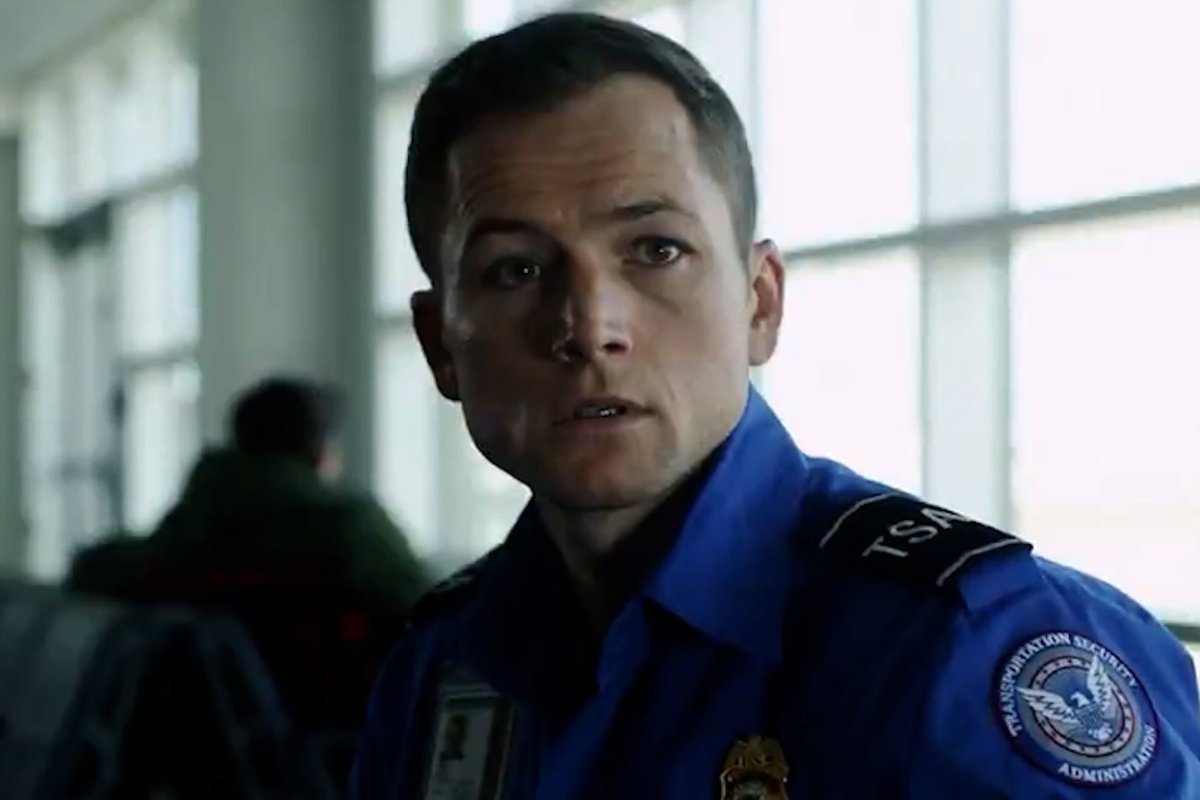News
Lowenna Waters
Oct 10, 2018

Picture:
Audible / Amazon
We're living in the midst of a mental health crisis epidemic, and comedian and mental health campaigner Ruby Wax is determined to do her bit to combat this, and fight back.
Research released to coincide with World Mental Health Day shows that children and young people are suffering from record levels of anxiety, distress, and mental ill health, which are compounded by the widespread use of social media. A report from the National Audit Office today reveals a five fold increase in the number of children and teenagers ending up in Accident and Emergency departments because of psychiatric problems over the last decade, reports The Telegraph.
Things have got so bad, that today Theresa May will announce an annual 'state of the nation' report on young people's mental health, and reveal Tory MP Jackie Doyle-Price as the UK's first ever suicide prevention minister, reports The Huffington Post.
Now, also to coincide with World Mental Health Day, and to help reduce stigma around mental health issues, Ruby Wax is releasing her latest project, No-Brainer, an audio book which aims to ‘dig deep into a different aspect of how the brain works through a mixture of fascinating discussions’. Within its wide-ranging episodes, she catches up with, among others, a doctor performing deep brain stimulation to cure depression, as well as a visit to a monkey breeding colony to explore nature versus nurture.
The comedian, who shot to fame in the 90s starring in the classic sitcom Girls On Top, before bagging high flying interviews in her ballsy take-no-prisoners approach with superstars such as Donald Trump, Madonna and Jim Carrey, and also script editing Absolutely Fabulous, first turned her hand to writing about mental health in 2010, with her West End stand up show Losing It, which explored her experiences with clinical depression and bipolar disorder.
In 2013, she took this work even further, deciding to undertake a master's degree in mindfulness cognitive behavioural therapy at Oxford University, followed by a series of best selling books and shows exploring her relationship to mental health, including A Mindfulness Guide for the Frazzled, Sane New World, and, more recently in 2018, How To Be Human.
One of the main aspects of Ruby's mental health campaigning over the years has been her openness about her struggles with bipolar and clinical depression, which, she tells indy100, helps others:
Well, it has a hit on effect. If someone is open with you, you feel relieved, like you don't always have to say 'I'm fine' when people ask you. It's such a relief to know that people aren't fine.
Another thing she's keen to express is that in order to combat stigma, we need to be open and honest about our struggles, something she's always been:
Well, I've always been honest, even if it's to my detriment. But I can't stand pretending everything's ok. Even if everything should be ok, but it isn't. And once you talk about it, then you get your sense of humour back.
Let's just air it. This isn't about whining. People only whine when they're not talking honestly, so they're pretending it's about something else. So, if you get it out in the open, first of all, it's human and second of all, you'll be happier.
Because you can't see depression, like you can see a broken leg, or a cut to the skin, people are loath to accept that it really exists. I wonder whether she has any tips for people trying to overcome the stigma they may be experiencing for their struggles:
Well, they have to do it with other people. You know, you can't fight that battle on your own.
I always think that's how the gay movement started. It's the way to go. It still means you feel awful, you have to take your medication, but if you hold hands with someone else, that's how you break a stigma.
When embarking on her best-selling tours for Sane New World (2013), a book about how our minds can jeopardize our sanity, and A Mindfulness Guide for the Frazzled (2016), about the stresses of modern life, Wax came up with the idea for Frazzled Cafes, a place for people to meet, feel connected, and experience a sense of community when the stresses and strains of daily life got too much.
Frazzled Cafes are now a registered charity, and are open across the country in association with Marks and Spencer. I wonder what the aim with the cafes is:
That's why I opened my Frazzled Cafes, which is a meeting place. Not just for people with depression, but for all of us - you know, all of us are lonely, and all of us want to be honest when people talk to people and to tell people what's going on for us.
And, so, I kind of see the need for that, and that came out of me being honest about - not just being depressed, but about life being overwhelming in a world that's seemingly fine.
Comedy can be a useful tool when discussing mental health, because it goes straight to the heart of the matter, allowing people to understand the issues involved, while also making them more accessible. I wonder why she employs it as a tool to discuss the often serious and harrowing topics encountered in mental health. Wax says:
In my case, it's a really direct tool, because it cuts right through everything else.
It cuts through whinging, it cuts through being political, it just goes straight into people and they go, oh yea that's me, and then they get it.
A common misconception, in Wax's opinion, when it comes to mental health is that just because it's to do with the brain, it means that it's got nothing to do with our physical bodies. A large part of Wax's work, especially in No-Brainer, is to show that actually they're one and the same:
Do you say if you have a liver complaint that you have liver health? You know, your brain is you the brain feeds your toes.
Your movement comes from your brain, so why would your brain be separate from your body? They're working together - if you chopped your head off, neither of you exist.
Another key aspect of the mind explored in No-Brainer is the far-reaching implications of stress on modern day life, especially because of our hyper connected, 24-hour lives that we're constantly sharing on social media. One of the tools she uses to tackle this is the practice of mindfulness, which is all about being in the moment, and learning to read your own emotions like a barometer.
We wonder whether Wax's study of mindfulness cognitive behavioural therapy at Oxford in 2013 has influenced her work on No Brainer, and especially how it helps her:
Mindfulness actually means that if you need speed, you can get speed. It means you can read yourself and you know what state you're in. So, if you're burning out, but you have to get something done, you'll do it, but you'll understand after that - do you know what I mean?
You can read yourself, so it's like a car, if you keep your foot on the peddle. But if you have the energy, and you need to do something, you'll go faster than anyone else because you've got the fuel. I think its' about - the monk does talk about people think that when you're teaching mindfulness you're just zombie out.
But in actuality you're observing a little bit your mind isn't eating up all the petrol, of churning up and going why do I feel so bad, why do I feel so tired, you just are tired, and then you won't stay tired, stick around, the energy will come back, and if it doesn't you've got yourself a disease.
Finally, we're interested in what motivates her with all her work around mental health, and how she's using it to help others: is it in order to help others reach, for want of a better word, happiness?
I think that's what everybody's after, and I think that's the reason I'm doing this. You know, it's not a cognitive journey, it's not like, oh, there's only one answer, like in a Chinese cracker, what you are trying to get is peace of mind.
That's all I'm scratching for - to be able to say, I tried everything. And also, the punch line is, it's not your condition it's the human condition. And that is a profound thing, because not only does it mean we have the same equipment, so usually when somebody's lost their rag it's the same reason you do, it's just a different recording.
But, it also raises the stakes for being more compassionate because it's all our conditions. We still have a Stone Age brain, so it can't deal with what's happening - it's not your fault. It's not our fault!
Ruby Wax’s No-Brainer is available to download now.
More: This is why some people with mental illness say they're 'tired'

Top 100
The Conversation (0)












